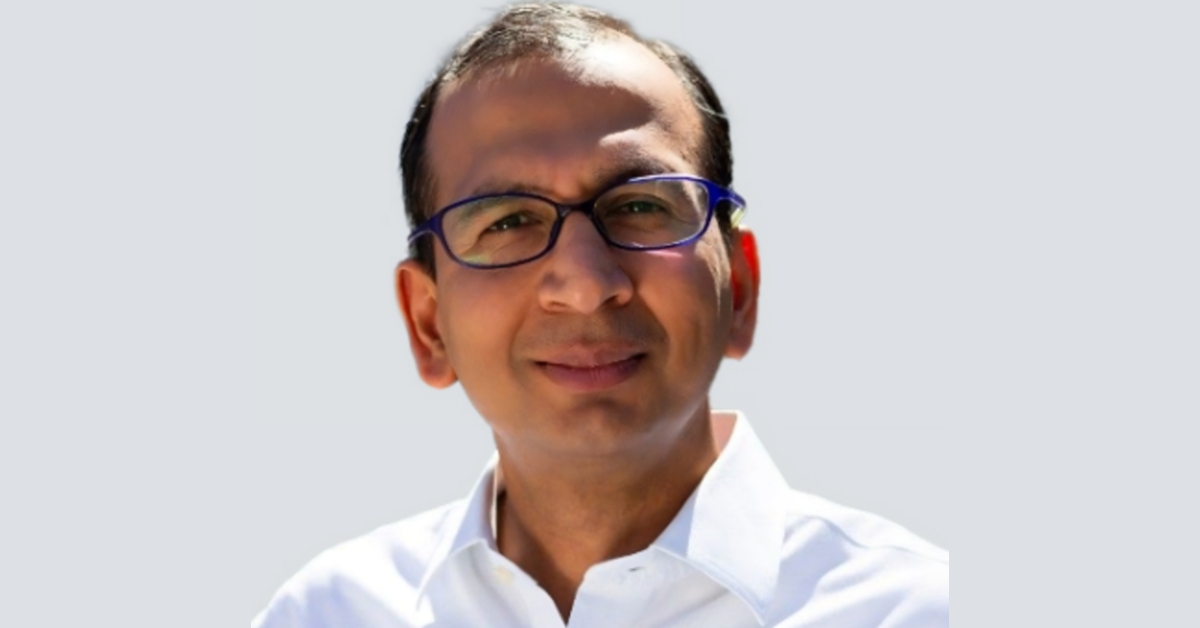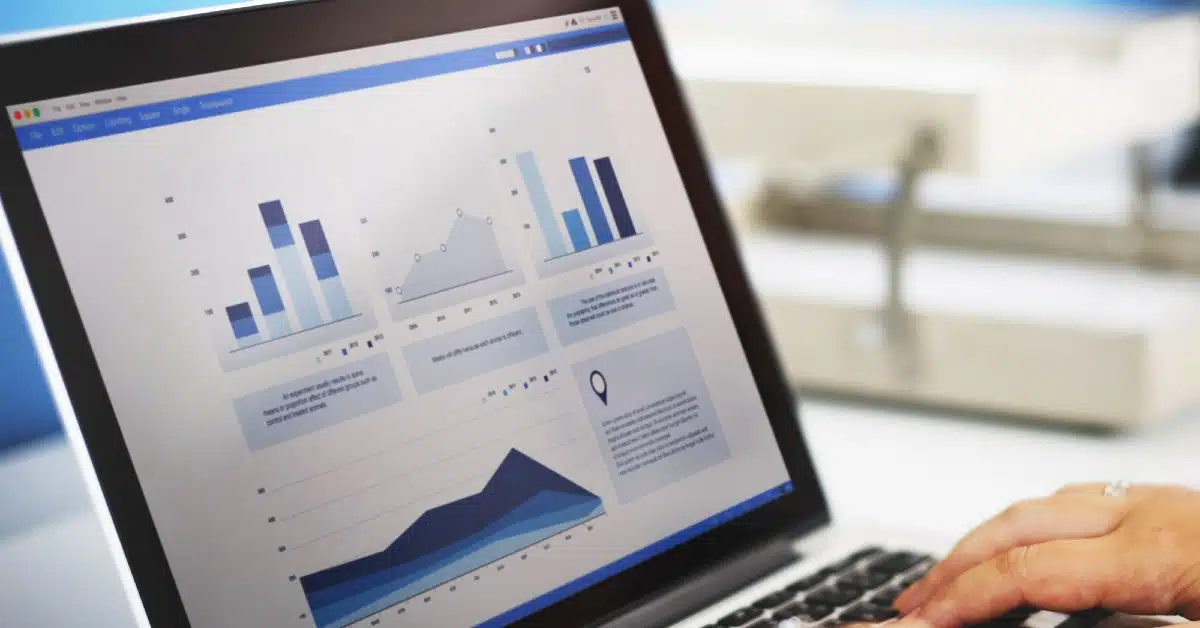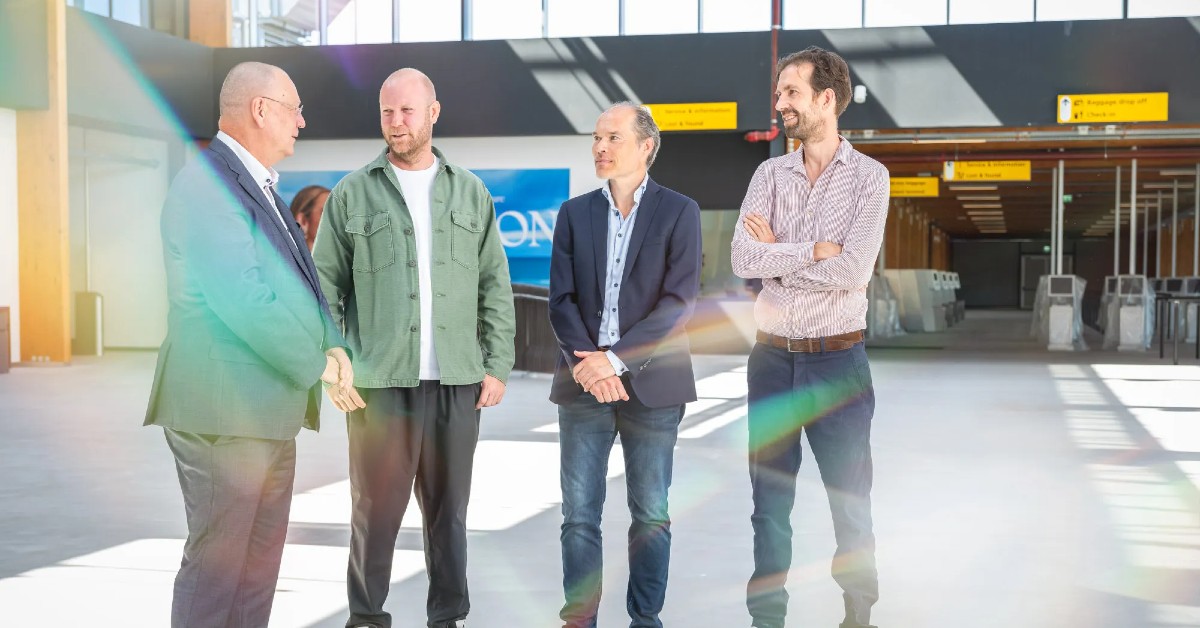Delft Advanced Biorenewables (DAB), a spin-off from TU Delft, has developed a new type of bioreactor that increases the yield of fermentation processes and reduces costs. Thanks to this technology, fermentation becomes competitive with fossil processes. In this way, DAB accelerates the transition to a biobased economy. InnovationQuarter is now investing €2 million in DAB together with FORWARD.one.
What is the significance of this innovation to the Next Economy?
For InnovationQuarter, this investment fits in with the transition to the Next Economy. A biobased economy is about the transition from an economy based on fossil resources to an economy based on biomass.
In a biobased economy, we let nature do the work. What is innovative about the biobased economy is that we consciously try to come up with alternatives for petroleum products that are less harmful to the environment and do not run out. The need to work on this is becoming ever greater due to climate change; running out of fossil fuels, and the pollution of the soil and water with microplastics.
How does DAB innovation work?
DAB’s own bioreactor technology was originally developed by TU Delft and overcomes many of the pitfalls of industrial fermentation. Where fermentation and the separation of the extracted components often takes place successively in different vessels, the DAB technology combines the two processes in one vessel. Fermentation and separation in one.
It is a scalable device that enables in-situ product recovery without moving parts or membranes. The most important value of DAB technology is the ability to increase fermentation productivity by more than two-fold while at the same time reducing operating costs by 50%. The DAB technology can be retrofitted and is ready to be scaled in new or existing facilities.
Relevant background: what is fermentation?
Fermentation is the process by which microorganisms convert organic substances (sugars) into specific chemical compounds (alcohol and acids). Traditionally, fermentation is used to preserve food and beverages (beer, wine). It is an energy-efficient process that offers the possibility of producing various products from green raw materials (and waste streams). For example, it can be used for food enrichment, the production of chemical building blocks or the production of biofuel.
What will DAB do with the investment?
DAB has collaborated with various leading companies on the implementation of this technology in sectors such as flavours and fragrances, speciality chemicals and biofuels. The € 2 million is used to further accelerate commercial growth and development with various partners within Europe and the US.
Stay tuned to Silicon Canals for more updates in the tech startup world.
https://siliconcanals.com/accelerators/5-advantages-of-joining-a-world-class-accelerator-to-boost-your-startups-growth/










01
From telecom veteran to Dutch Startup Visa success: The Jignesh Dave story